Nature reports
Category: Other
Page 5 of 9 - 86 Results
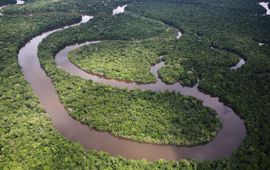
A new study published in the journal Global Sustainability finds that over 260,000 kilometres of free-flowing rivers are at risk due to the proposed construction of new hydropower dams. The total stretch of rivers at risk is..
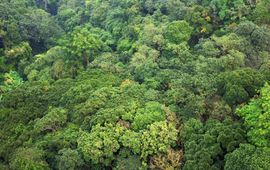
The capacity of the Amazon rainforest to take up CO₂ from the atmosphere is declining. Repeated measurements of carbon dioxide (CO₂) and carbon monoxide (CO) show that the eastern part releases more CO₂ than it absorbs, while the..
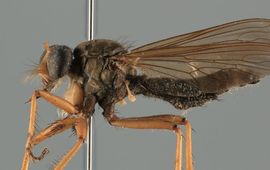
This summer, visitors to Naturalis can see something unique in the museum: a giant installation that will photograph tiny insects in detail...
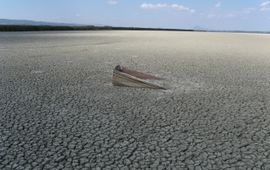
A new study shows that the current rate of biodiversity decline in freshwater ecosystems outcompetes the extinction at the end of the Cretaceous, that killed the dinosaurs. Damage now being done in decades to centuries may take..
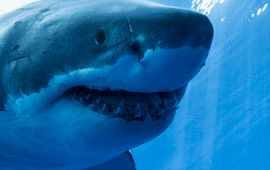
Your lovely smile and the smiles of sharks have less to do with each other than previously thought. All kinds of aspects of jaws have all evolved independently and have been lost several times in the early evolution of jawed..
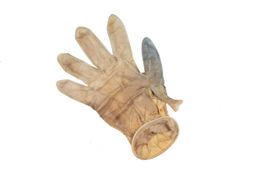
The face masks and gloves designed to protect us are, in fact, dangerous for the animals around us. Scientists from Leiden warn that throughout the world, on land and in the water, animals are ingesting corona waste, or getting..
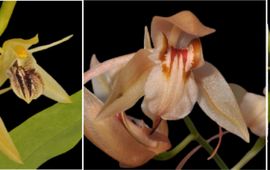
Increasing antibiotic resistance of microbes is a global challenge. Medicinal plant extracts are a promising alternative for treating microbial infections. Orchids are well known for their flowers, but they are also used in..
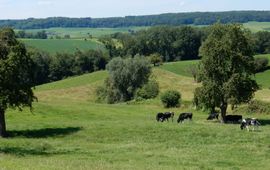
Agriculture and biodiversity are currently both in the spotlights, but mostly as opposites. This must change, but how? A new EU project will investigate how agriculture and biodiversity can best go hand in hand and what this..
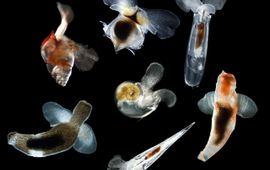
Pteropods, abundant aragonitic calcifying plankton, are the equivalent of 'canaries in the coal mine' for our acidifying oceans. Researchers have shown that two major groups of pteropods have Cretaceous origins and hence, must..
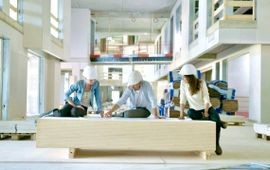
In 2021, the Amsterdam Zuidas will host 'Sapiens', a unique place where young people and scientists can work together on projects that improve our planet. The initiative will be launched by Naturalis Biodiversity Center, Vrije..
